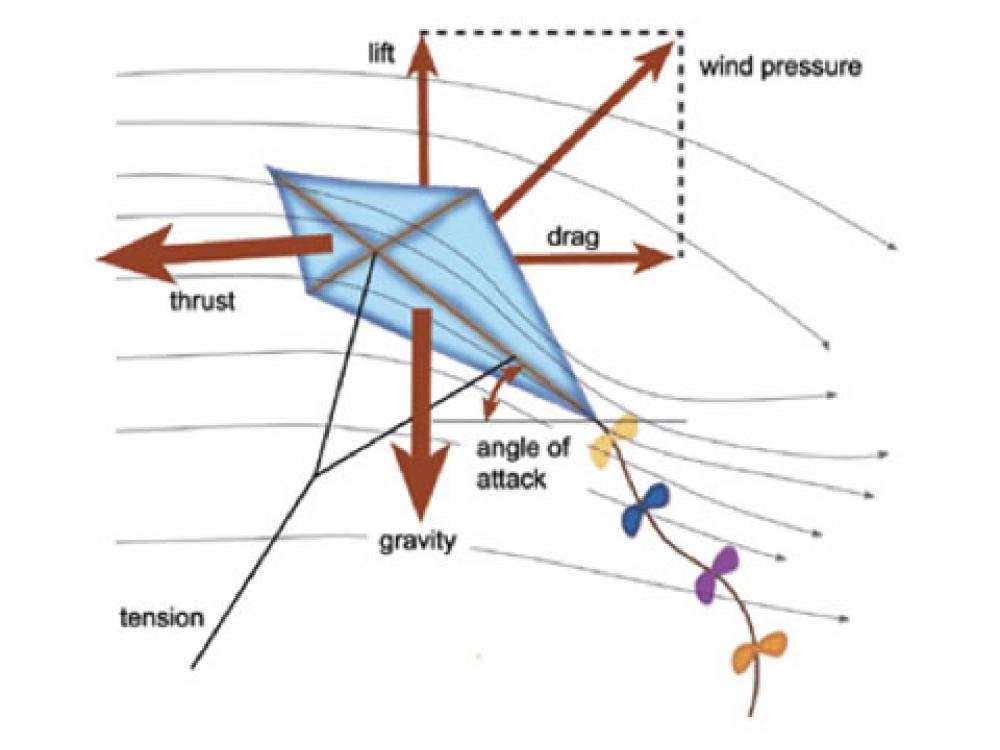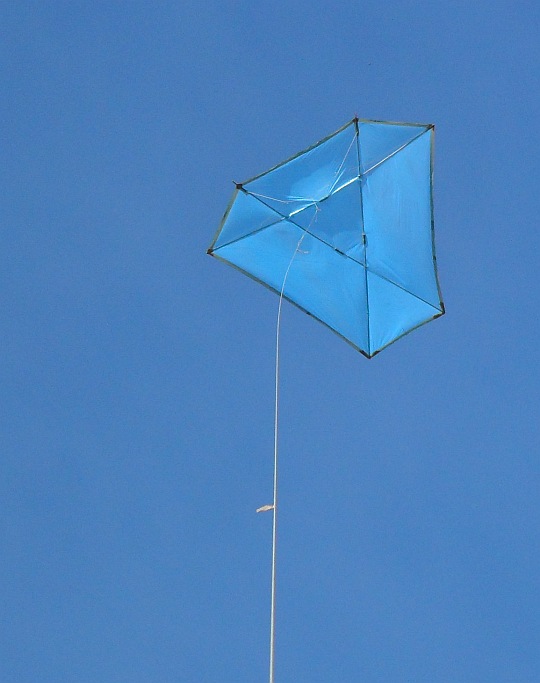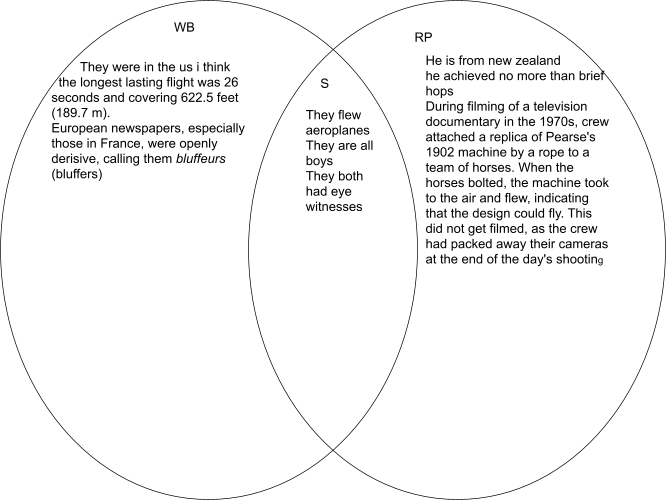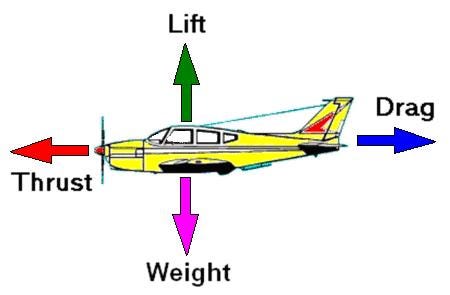in class we wrote limericks and this is my one
Thursday, 31 May 2018
optical illusions
The lens of the eyeball focuses light back onto the retina, where photoreceptive rods and cones are affected by the wavelength of the light. Information about the light entering the eye travels through the optic nerve, where it is then interpreted by the brain. The brain is responsible for taking raw data about light wavelengths and untangling the patterns, using memory in order to make sense of the images that the brain ultimately "sees."
While you definitely can't see without your eyes, nothing would make sense without input from the brain.
Our eyes transmit a tremendous amount of information back to the brain, and it requires too much brain power to process all of it. In order to make the job easier, the brain has devised shortcuts to understand what it is seeing. Shadows, perspective, and color are all clues the brain uses in order to make decisions about what it is looking at.
kites
Aim: To look at a kite and how we can overcome the 4 forces of flight.

Write a definition about the following types of kites and find a picture of them that you can upload to your blog.

Forces of flight with Kites
Force
|
Increase / decrease
|
How do we do this when making a kite?
|
Drag
| decrease | make it streamline, pointed, make it angled to the wind |
Lift
| increase | longer string face into the wind |
Gravity
| decrease | make it streamline, make it light |
Thrust
| increase | strong steady wind |
Write a definition about the following types of kites and find a picture of them that you can upload to your blog.
- The Sled Kite.
- The Diamond Kite.
- The Barn Door Kite.

- The Sode Kite.
- The Delta Kite.
Name 5 types of kites that were used in China?
Name sports that use kites?
Wednesday, 30 May 2018
light
first we had to list 5 things that were man made and 5 things where natural
then we had a light box and a bunch of things and we had to shine the light in them and record the results
here is what we used
Man made
|
natural
|
Light bulb
|
sun
|
LED
|
Stars
|
flashlight
|
lightning
|
Flood light
|
magnesium
|
Fireworks
|
lava
|
then we had a light box and a bunch of things and we had to shine the light in them and record the results
shape
|
light
|
Flat m
|
Reflects in the angle given
|
Slight c m
|
Bends the light in to a ‘star’ shape
|
C m
|
Bends in to a ‘x’ shape
|
In c p
|
Widens beams of light
|
Out c p
|
Points the light
|
Big right t
|
Pontis -1
|
Small right t
|
Bends 2 slightly bends 1 massively
|
Football p
|
Slight point
|
triangle
|
Bendsend +1
|
rectangle
|
Bad point [nothing]
|
Half c
|
Point [half point]
|
here is what we used
 |
| light box and conector |
 |
| shapes to reflect the light |
Thursday, 17 May 2018
flight 4 the brothers vs the kiwi
this week we had to make a venn diagram on the wright brother and richard pearse. um so heres mine

ya its not that good
ya its not that good
Wednesday, 9 May 2018
flight 2-aerodynamics
aim: to look at the 4 main forces of flying and how these can be overcome.
Hypothesis: I think that.......
Method: Working in pairs we are going to make a paper wing and experiment with it.
Hypothesis: I think that.......
Method: Working in pairs we are going to make a paper wing and experiment with it.
- Make a paper wing out of A4 paper
- On the field you will need to record and observe how 5 different changes affect the way it flies.
Plane type
|
How does it behave?
|
Time ( secs)
|
Paper sheet, drop
| 2.11 | |
Paper with fold down middle, drop
| 1.42 shut 2.67 open | |
Paper with fold and 1 paper clip, drop
| 1.48 shut 1.37 open | |
Fold, 2 clips, rudder, drop
| 1.15 shut 1.22 open | |
Fold, 2 clips, rudder throw
| 5.41 1.65 |
flight 3 the first flight
The first flight was not in a plain it was in a balloon
1670 was when italian priest Francesco de lana comes up with the thought but never makes it
14 september 1783 was the day the first fight with a living thing was taken i think.
Then the french academy of sciences asked jacques charles to invent a scientific flying machine so he makes the hydrogen balloon
It was tested on December 1, 1783.
here is more on the flight with the living beings
Joseph montgolfier and his brother jacques made paper. One day joe was watching sparks float up the chimney and figured that it was the hot air making them float. He then filled a silk bag full of hot air to see if it would float. It did. He made bigger and bigger until he made a full size one. The brothers put 3 amamale in the first flight a cockerel, a sheep and a duck
They were rewarded by the king with a gold medal. The sheep was also rewarded by getting a home in the royale zoo
here's a diagame
 |
| a hot air balloon |
Wednesday, 2 May 2018
flight 1
things that fly
Natural
|
Man mad
|
Bugs
|
Plane
|
Birds
|
Paper aeroplanes
|
Dragons
|
Helicopters
|
Dinosaurs
|
Balloons
|
Bat
|
Jet
|
Lift:where the air pressure is greater under the wing than on top of the wing
Drag:the force to slow down a plane/bird
Thrust:the forward movement of a plane or bird
Gravity:the downward force on a plane or bird
Aerofoil: the shape of the wings of planes and some birds
Bernoulli effect: the more wind under the wing forces the wing up crating lift when the wing is in a aerofoil shape 

Activity 1: Your challenge is to hold a rectangular piece of paper close to your mouth, blow across the top of it and get the paper to move down. Sounds simple enough but give it a go and see if you change your mind.
What is happening?
What is happening?
the paper will rise and you will get light headed
Subscribe to:
Comments (Atom)
